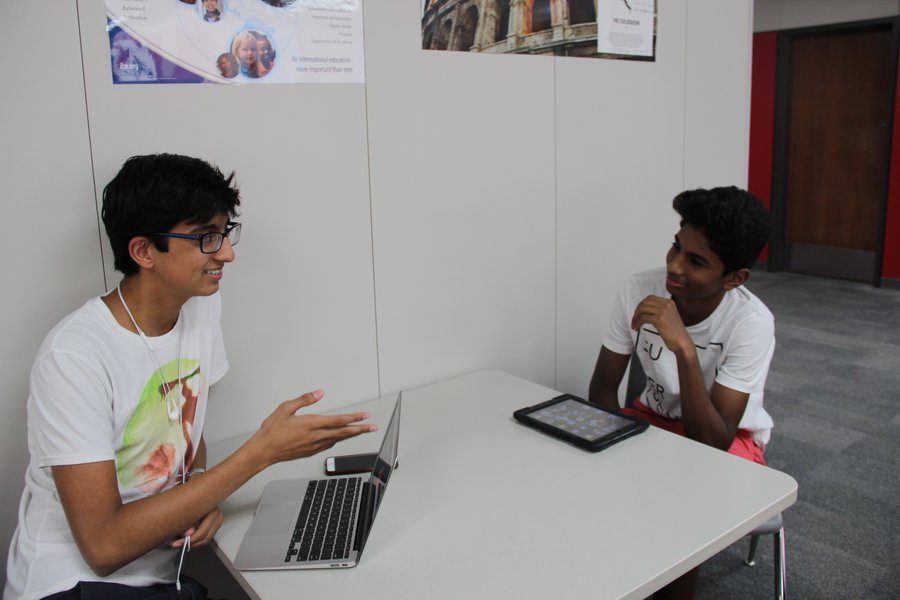Putting the correct in political correctness
October 31, 2016
In recent years, the millennial generation seems to have brought upon themselves a surge of new social practices in political informity, intersectionality and acceptance. Many scholars and activists have sought to update the information that is given to the public on the status quo of every issue that we could possibly want.
That being said, the challenge is spreading this information to the world, specifically for people who may not be ready for much of what is happening in 2016. Arguments rise left and right about issues like the LGBT+ community, racism and feminism, and how these conversations are held in different environments.
There are many real world applications where you are liable for misrepresenting information. Political correctness is also held to an extremely high standard by your college professors. If you address something incorrectly, they could easily assume that you have not been paying attention in class.
Political correctness is also important because incorrect use of a dated term could lead to offense. For example, according to the Associated Press, it is incorrect to use the term “homosexual” because it references someone who is mentally ill because of its history whereas “gay” is more acceptable.
“A new postmodern generation from the 1960s has come into power in the universities,” Paul Berman said in his book “Debating P.C.: The Controversy over Political Correctness on College Campuses”.
“Postmodern professors promote a strange radical ideology that decries the United States and the West as hopelessly oppressive and that focuses on the reactionary prejudices of Western culture,” Berman said.
Berman argues that many of the professors are simply adding unnecessary questions about sex and gender to politics, providing cheap products of Marxism to the traditional literary curriculum and overall staining what is left of Western Academia. However, the author does raise valid questions deserving answers. Why is everything a race thing or a feminist thing or a gay thing? Why does it matter?
Political correctness has two functions: to raise awareness and to be inclusive. It also functions in three environments: conversations, expositions and debates.
A conversation really loosens the rules on political correctness and allows for more slang that is understood by the party in question. An exposition is more formal because you are relaying the information and therefore want it to not only be as accurate as possible, but you also want to cover all subjects of the topic.
Lastly, a debate can easily incorporate both of these forms into one cohesive unit. In a debate, you must not only provide the information but you must also relay it in a way that is befitting of the audience.
Political correctness in terms of U.S. politics is only about 100 years old. For us, it really began as a political distinction between American Socialists and members of the Russian Communist Party. Herbert Kohl was an American educator on politics and debate. In 1994, his book “Uncommon Differences” described this distinction.
All in all, political correctness is an important tool for the sake of not only current politics, but also many real world cases. Correctness in politics is not something created randomly by millennials, but rather a legitimate study of language that values correctness above all. Instead of working against it, people should learn the skill in order to improve their ability to speak on a more intellectual level.










